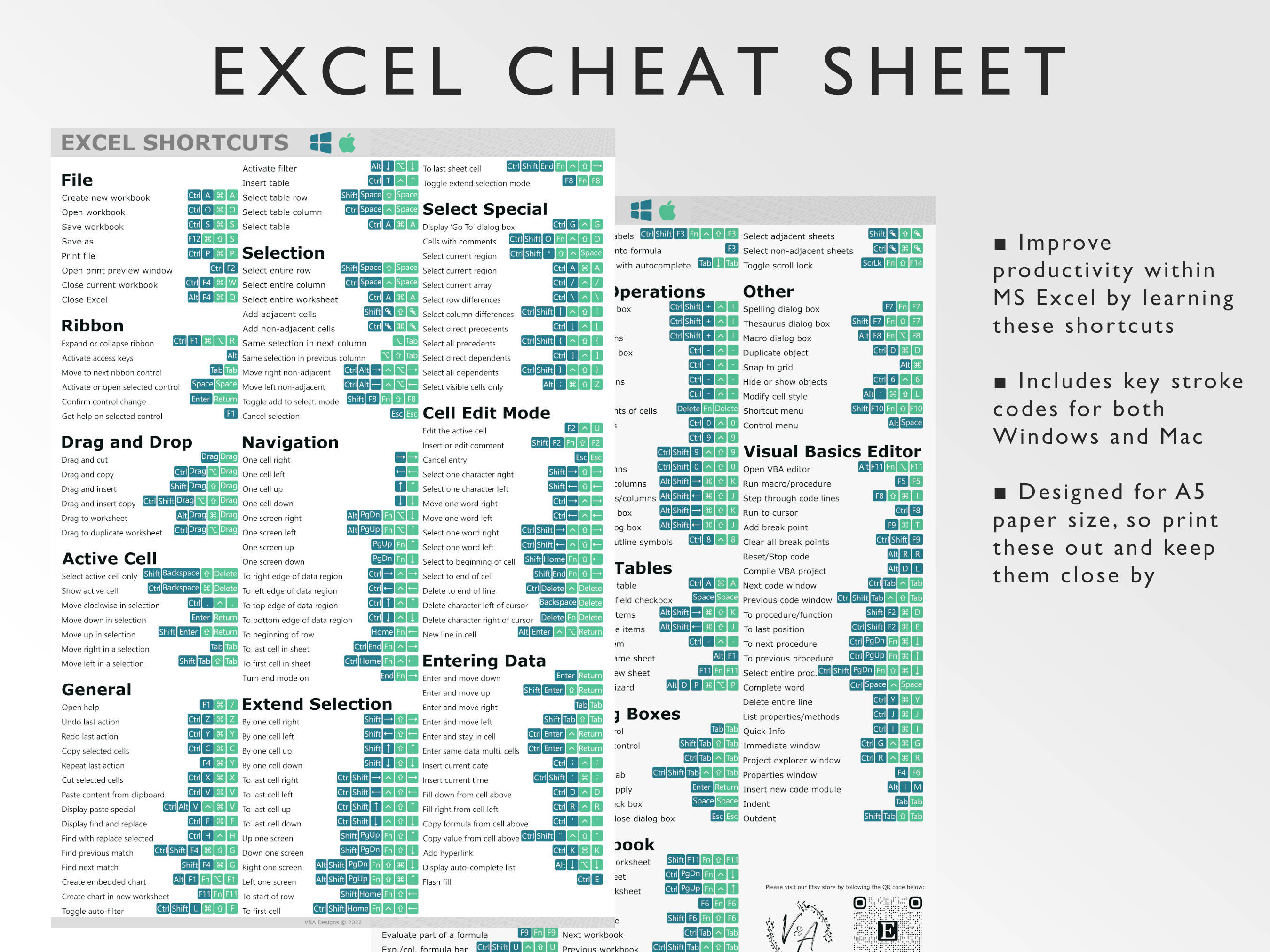Add Images to Excel: Simple Guide

When working with Microsoft Excel, one of the many features users can leverage to enhance their data visualization is the ability to add images. This capability not only improves the aesthetic appeal of your spreadsheets but also aids in better data representation for reports, presentations, or educational purposes.
Understanding the Importance of Images in Excel

Incorporating images into Excel can:
- Provide visual context to the data, making complex information more digestible.
- Enhance the visual appeal for presentations or infographics.
- Support data with graphical representation, such as charts, logos, or product images.
Step-by-Step Guide to Adding Images in Excel

Inserting Images

Here’s how you can insert images into your Excel worksheet:
- Open Excel: Start by opening your Excel spreadsheet where you want to add an image.
- Insert Tab: Go to the ‘Insert’ tab located in the Ribbon at the top.
- Select Image: Click on ‘Pictures’ to insert images from your device, ‘Online Pictures’ for online sources, or ‘Shapes’ for a simple icon or graphical element.
- Choose Image Source: Depending on your selection, choose your image from your computer or select one from online sources like Bing or OneDrive.
- Adjust Image: Once the image is in your spreadsheet, you can resize, move, or adjust its position using the handles or by dragging the image.
🏞 Note: For the best results, consider using high-quality images, and if necessary, resize them outside of Excel for faster loading times.
Positioning Images

Excel offers various options for positioning images:
- With Cell: The image moves and resizes with the cell’s content.
- Free Float: The image can be placed anywhere and doesn’t move with cells.
- Behind/In Front of Text: Control whether the image appears behind or in front of your data.
Resizing and Formatting Images

You can also:
- Use the ‘Format Picture’ options to adjust brightness, contrast, or add effects.
- Apply artistic effects to turn images into sketches or paintings for a unique presentation.
Using Images for Data Visualization

Beyond simple image placement, you can use images for:
- Conditional Formatting: Embed images in cells to visualize data status.
- Sparklines: Add miniature charts directly in cells for trend visualization.
📊 Note: Images can slow down Excel if you embed too many. Use images judiciously and resize or compress them to maintain workbook performance.
Embedding Images in Cells

Embedding images into cells can be particularly useful:
- Select Cell: Choose the cell where the image should appear.
- Insert Image: Right-click and select ‘Insert Picture’, or go to ‘Insert’ > ‘Picture’.
- Align Image: Use the ‘Align’ options to center or position the image within the cell.
- Resize: Drag the image edges to fit within the cell.
Here’s a comparison between adding images as objects and embedding them into cells:
| Add as Object | Embed in Cell |
|---|---|
| Images float over cells, not fixed to any cell. | Images are part of the cell, moving and resizing with it. |
| Easy to drag and drop anywhere on the sheet. | Fixed to the cell grid, good for data matching. |
| Can cause performance issues with many images. | Can be slower if many cells are filled with images. |

Key takeaways from this comprehensive guide to adding images in Excel:
- Inserting images into Excel can significantly improve data visualization and presentation.
- Excel provides multiple ways to add, position, and format images to meet diverse needs.
- Embedding images in cells is beneficial for data-related images but can slow down Excel if overused.
- Consider the balance between visual enhancement and workbook performance when adding images.
Can I use images to represent data in Excel?

+
Yes, you can use images to represent data through conditional formatting, sparklines, or by linking images to specific data values for visualization.
How do I ensure images do not slow down Excel?

+
Limit the number of images, resize or compress them before inserting, and use ‘Pictures’ over ‘Shapes’ for better performance. Consider external links to images if applicable.
What is the difference between inserting an image as an object and embedding it into a cell?

+
Inserting an image as an object allows for free movement and resizing independent of cells, while embedding an image in a cell fixes it to the cell, moving and resizing with it.